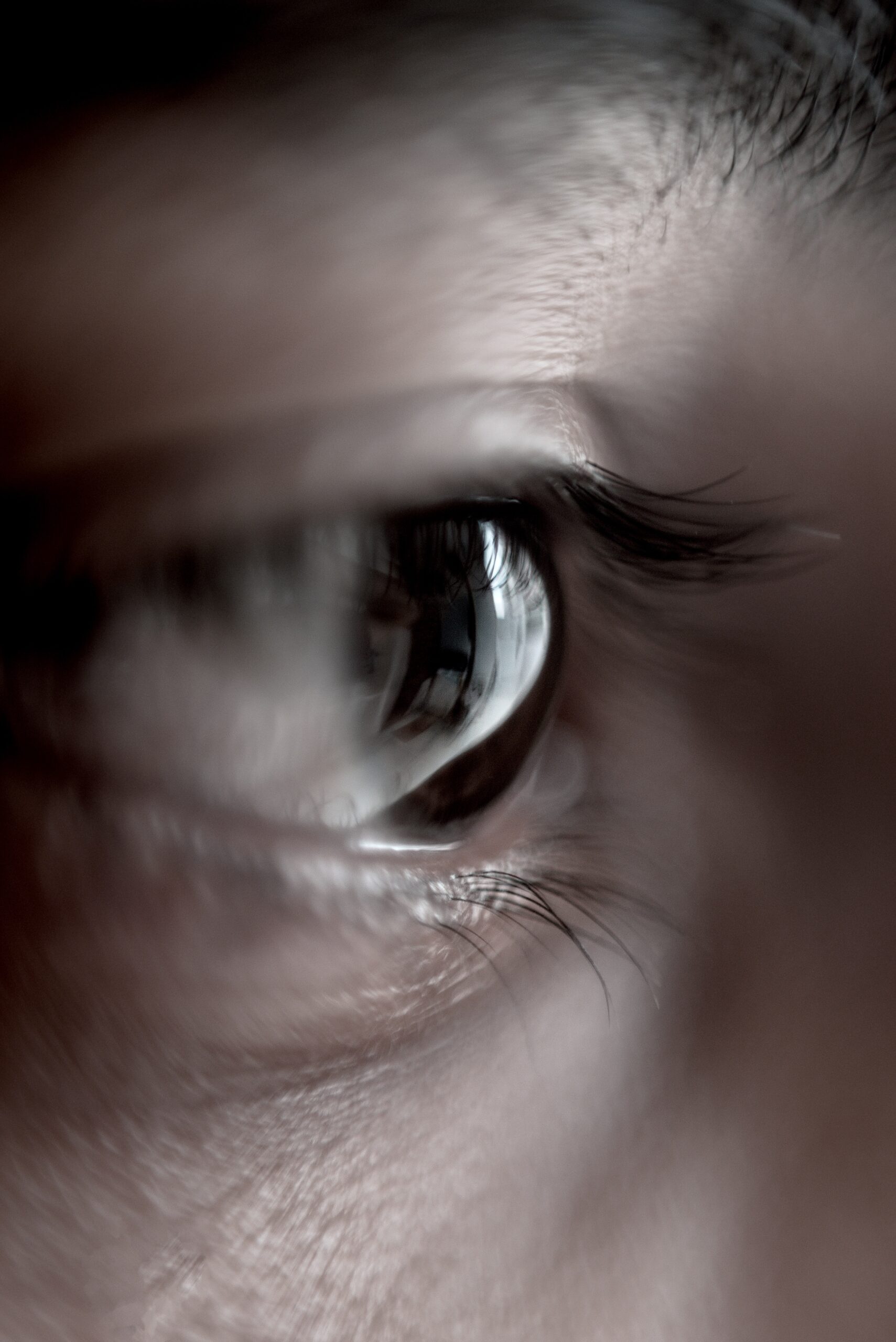Shedding Light on Common Mental Illnesses: Understanding and Empowering

Mental illnesses affect millions of people worldwide, yet they often remain misunderstood and stigmatized. By gaining knowledge and understanding about the most common mental illnesses, we can break down barriers, foster empathy, and provide support to those who may be struggling. In this article, we will explore some of the most prevalent mental illnesses, their symptoms, potential causes, and available treatment options. Remember, seeking professional help is essential for accurate diagnosis and personalized treatment plans.
Depression
Depression is a mood disorder characterized by persistent feelings of sadness, hopelessness, and a loss of interest or pleasure in activities. It can impact daily functioning and quality of life. Common symptoms include fatigue, changes in appetite and sleep patterns, difficulty concentrating, and thoughts of self-harm or suicide. Treatment options may include therapy, medication, lifestyle adjustments, and support networks.
Anxiety Disorders
Anxiety disorders encompass a range of conditions, including generalized anxiety disorder (GAD), panic disorder, social anxiety disorder, and specific phobias. Individuals with anxiety disorders experience excessive worry, fear, and apprehension. Symptoms may include racing thoughts, restlessness, irritability, physical sensations like rapid heartbeat or shortness of breath, and avoidance behaviors. Treatment options may include therapy, medication, relaxation techniques, and self-help strategies.
Schizophrenia
Schizophrenia is a chronic mental disorder characterized by hallucinations, delusions, disorganized thinking, and altered perceptions of reality. People with schizophrenia may experience social withdrawal, decreased emotional expression, and difficulties in cognitive functioning. Treatment involves a combination of antipsychotic medications, therapy, psychosocial support, and community resources.
Obsessive-Compulsive Disorder (OCD)
OCD is an anxiety disorder characterized by intrusive thoughts (obsessions) and repetitive behaviors (compulsions). Common obsessions include fears of contamination, doubt, or unwanted thoughts, while compulsions often involve repetitive actions aimed at reducing anxiety or preventing harm. Treatment may include cognitive-behavioral therapy (CBT), exposure and response prevention (ERP), medication, and support groups.
Post-Traumatic Stress Disorder (PTSD)
PTSD can occur after experiencing or witnessing a traumatic event. Symptoms include intrusive memories, nightmares, flashbacks, hypervigilance, and avoidance of reminders of the trauma. Treatment approaches may include therapy (such as cognitive processing therapy or eye movement desensitization and reprocessing), medication, and support from mental health professionals.
Eating Disorders
Eating disorders, such as anorexia nervosa, bulimia nervosa, and binge-eating disorder, involve disturbances in eating patterns, body image, and weight. They can have serious physical and psychological consequences. Treatment frequently combines therapy, dietary counseling, restorative checking, and support from experts in eating disorders.
Attention-Deficit/Hyperactivity Disorder (ADHD)
ADHD may be a neurodevelopmental clutter characterized by trouble paying consideration, impulsivity, and hyperactivity. It can influence people of all ages and may affect scholastic execution, work efficiency, and connections. Treatment may incorporate pharmaceutical, behavioral intercessions, counseling, and bolster from teachers or specialists.
Borderline Personality Disorder (BPD)
BPD may be a identity clutter characterized by unsteady dispositions, seriously and unsteady connections, impulsivity, and an unsteady self-image. People with BPD may involvement troubles controlling feelings, lock in in self-destructive behaviors, and have a fear of surrender. Treatment regularly incorporates argumentative behavior treatment (DBT), pharmaceutical, and bolster from mental wellbeing experts.
Substance Use Disorders
Substance utilize disarranges include intemperate and risky utilize of substances such as liquor, drugs, or medicines. They can lead to physical and mental reliance, impede every day working, and adversely affect connections and generally well-being. Treatment regularly incorporates a combination of treatment, bolster bunches, restorative intercessions, and recovery programs.
Understanding the foremost common mental sicknesses may be a significant step in supporting people who may be influenced by these conditions. By expanding awareness, breaking down marks of disgrace, and advancing get to to treatment and bolster, able to make a more compassionate and comprehensive society. Keep in mind, on the off chance that you or somebody you know is encountering mental wellbeing challenges, look for proficient offer assistance to get suitable care and set out on a travel towards recuperation and well-being.

